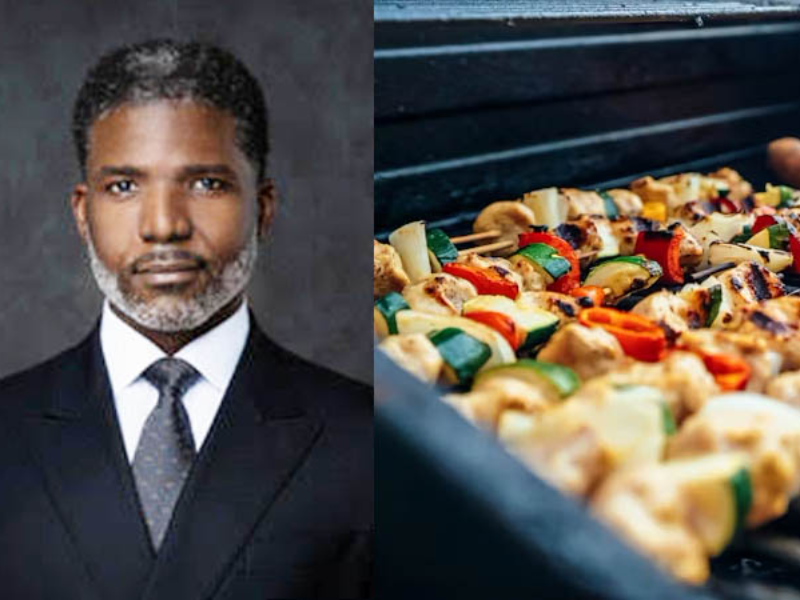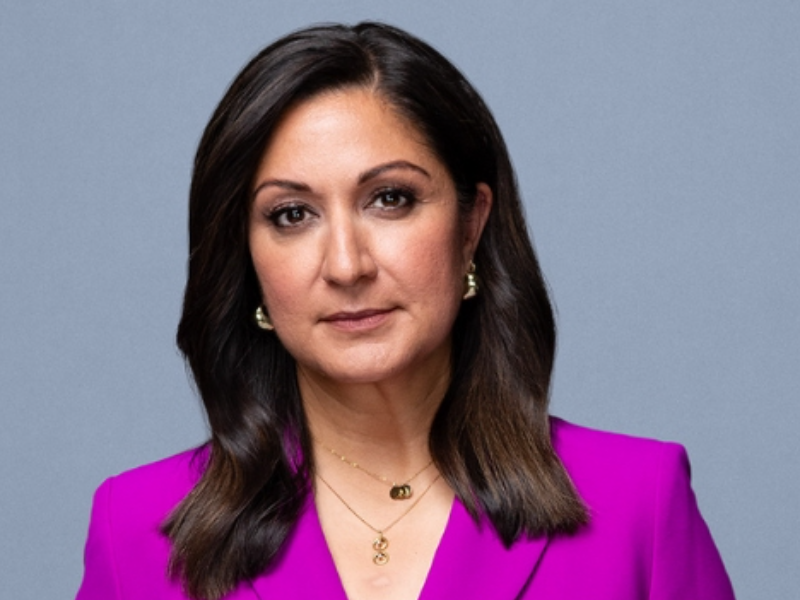Safe Plates, Healthy Summers: Preventing Foodborne Illness During Picnic Season
Summer brings with it sunshine, family barbecues, and community picnics, but also a heightened risk of foodborne illness. As temperatures rise, so does the chance that harmful bacteria will grow on improperly handled foods, threatening the health of individuals and communities. While many associate food safety with restaurant kitchens, the truth is that most foodborne illnesses occur in home and informal settings, like the family picnic table.
Understanding the basics of safe food preparation, storage, and handling is essential to protecting your health and the health of those you love.
Why Summer Poses a Higher Risk
The Centers for Disease Control and Prevention (CDC) estimates that 48 million Americans get sick from foodborne illnesses each year, with over 3,000 resulting in death (CDC, 2023). While foodborne illness is a year-round concern, summer heat and humidity create the perfect environment for bacteria such as Salmonella, E. coli, and Listeria to multiply rapidly. Combine that with outdoor gatherings, limited refrigeration, and undercooked foods, and the risks increase dramatically.
Common Culprits at Summer Picnics
Certain foods are more prone to contamination, especially when kept at unsafe temperatures or improperly prepared:
Grilled meats and poultry: Undercooked burgers and chicken can carry Salmonella or Campylobacter.
Potato salad and coleslaw: These contain mayonnaise or dairy products that spoil quickly if not refrigerated.
Fresh fruits and vegetables: While nutritious, they can carry E. coli or Listeria if not properly washed.
Unpasteurized beverages: Homemade juices or milk may harbor bacteria without pasteurization.
Safe Food Handling Tips for Summer Gatherings
The good news? Foodborne illness is preventable. Follow the Four Steps to Food Safety recommended by the USDA and CDC:
1. Clean
Wash hands with soap and water for at least 20 seconds before and after handling food.
Rinse fresh produce under running water, even if it will be peeled.
Clean coolers, cutting boards, and utensils before and after use.
2. Separate
Keep raw meats away from ready-to-eat foods like salads, bread, and fruits.
Use separate cutting boards and utensils for raw meat and vegetables.
Don’t reuse marinades or sauces that have come into contact with raw meat.
3. Cook
Use a food thermometer to ensure safe internal temperatures:
Poultry: 165°F
Ground beef: 160°F
Pork and fish: 145°F
Avoid partially cooking meat in advance, as bacteria can survive and multiply if meat is not fully cooked.
4. Chill
Keep cold foods cold, below 40°F, and hot foods hot, above 140°F.
Use insulated coolers with plenty of ice or ice packs.
Don’t leave perishable food out for more than 2 hours, or 1 hour if the temperature is above 90°F (USDA, 2022).
Protecting the Most Vulnerable
Foodborne illness can be dangerous for anyone, but it’s especially serious for:
Young children
Pregnant individuals
Older adults
People with weakened immune systems
A mild case of food poisoning for one person can mean hospitalization for another. Practicing safe food handling is a public health responsibility, not just a personal precaution.
Public Health and Community Action
Local health departments can play a vital role in educating the public through:
Public service announcements during summer months
Handouts at community centers and parks
Collaborations with schools and local organizations to spread awareness
Community organizers and city officials should ensure that public picnic spaces include access to clean water, safe waste disposal, and shaded areas to reduce spoilage risks during community events.
The joy of summer should not be spoiled by something as preventable as foodborne illness. A few simple precautions—washing hands, keeping foods at the right temperature, and cooking meats thoroughly—can keep your family safe and your summer memories healthy.
So, whether you're hosting a neighborhood cookout or packing lunch for a day at the park, remember: safe food is shared food. Let’s make this summer one of connection, celebration, and good health for all.
References
Centers for Disease Control and Prevention. (2023). Foodborne Germs and Illnesses. https://www.cdc.gov/foodsafety/foodborne-germs.html
U.S. Department of Agriculture. (2022). Grilling and Food Safety. https://www.fsis.usda.gov/food-safety/safe-food-handling-and-preparation/food-safety-basics/grilling-and-food-safety
U.S. Food and Drug Administration. (2022). Keep Food Safe. https://www.fda.gov/food/consumers/keep-food-safe
Reference:
Teitelbaum, S. L., Belin, T. R., Tennenbaum, J., & Ritz, B. R. (2024). Father’s occupation and colorectal cancer in his adult offspring: A prospective cohort study. Journal of the National Cancer Institute, 116(3), 251–259.
Dr. Frederick Echols, MD, is available as a subject matter expert on public health for press interviews and speaking engagements.
###
About Dr. Fredrick Echols, MD
Dr. Fredrick L. Echols, MD is the founder and Chief Executive Officer of Population Health and Social Justice Consulting, LLC, an Obama Foundation Global Leader, sought-after public speaker, black men’s health advocate, and accomplished physician with over 15 years of experience in public health. He has worked extensively with public and private sectors to address complex health issues through evidence-informed approaches. Dr. Echols is a graduate of the Centers for Disease Control and Prevention Population Health Training in Place program and the ASTHO-Morehouse School of Medicine’s Diverse Executives Leading in Public Health program.
Passionate about health and justice, Dr . Echols’ notable roles include serving as Chief Executive Officer for Cure Violence Global, Health Commissioner for the City of St. Louis, and Director of Communicable Disease and Emergency Preparedness for the St. Louis County Department of Public Health. In these roles, he oversaw public health regulations, led COVID-19 response efforts, managed daily operations, and developed strategic partnerships. Dr. Echols also served as Chief of Communicable Diseases for the Illinois Department of Public Health and as a physician in the U.S. Navy. He continues to contribute to public health research and guides health organizations globally.
For more health tips follow Dr. Fredrick Echols @ [email protected]
Follow Dr. Echols on socials:
LinkedIn: @FredrickEcholsMD ( www.linkedin.com/in/fredrick-echols-m-d-5a2063225)
Facebook: @FredrickEchols
Instagram: @F.EcholsMD
#FoodSafety #SummerPicnic #HealthyEating






